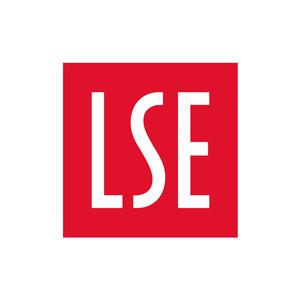Rupturing Architecture: Spatial Practices of Refuge in Response to War and Violence in Iraq
This event was the launch of Dr Sana Murrani's latest book 'Rupturing Architecture: Spatial Practices of Refuge in Response to War and Violence in Iraq, 2003–2023' published by Bloomsbury.
Written by an Iraqi architect who has lived through the trauma of several wars, 10 years of UN-imposed sanctions, an invasion, and the subsequent violence, this book captures a broad spectrum of spatial responses to trauma and presents a fresh perspective on how ordinary Iraqis create refuge across the spaces of the home, the urban environment, and border geographies.
In the face of spatial wounding and the many injustices suffered by the Iraqi people, there has also been a wealth of refuge-making practices that showcase their creative and imaginative design and adaptability to change and trauma over time.
Rupturing Architecture employs methods such as creative deep mapping, memory work, storytelling, interviews, and case studies of architectural responses to the geographies of war and violence. At the core of the book are the lived and felt experiences of fifteen Iraqis from across Iraq, whose resilience underscores a broader narrative of spatial justice and feminist spatial practices.
Meet the speakers
Sana Murrani is an Associate Professor in Spatial Practice at the University of Plymouth and a Visiting Senior Fellow at the LSE Middle East Centre. Her research interests are rooted in spatial justice, drawing on her interdisciplinary background in architecture, urban design, and art and media. Her creative, place-based research practice maps built, destroyed, remembered, and reimagined trauma geographies of war, violence, and displacement.
Balsam Mustafa is a Lecturer in Translation Studies at Cardiff University. Her research cuts across translation studies, feminist studies, social movements, media and communication studies as well as politics and sociology, with a focus on the Middle East.
Michael Mason is Director of the Middle East Centre. At LSE, he is also Professor of Environmental Geography in the Department of Geography and Environment and an Associate of the Grantham Research Institute for Climate Change and the Environment. He is interested in ecological politics and governance as applied to questions of accountability, security and sovereignty.
Toby Dodge is a Professor in the Department of International Relations, LSE. He is also Kuwait Professor and Director of the Kuwait Programme, Middle East Centre. Toby's research concentrates on the evolution of the post-colonial state in the international system. The main focus of this work on the developing world is the state in the Middle East, specifically Iraq.
20 January 2025, 12:00 am
